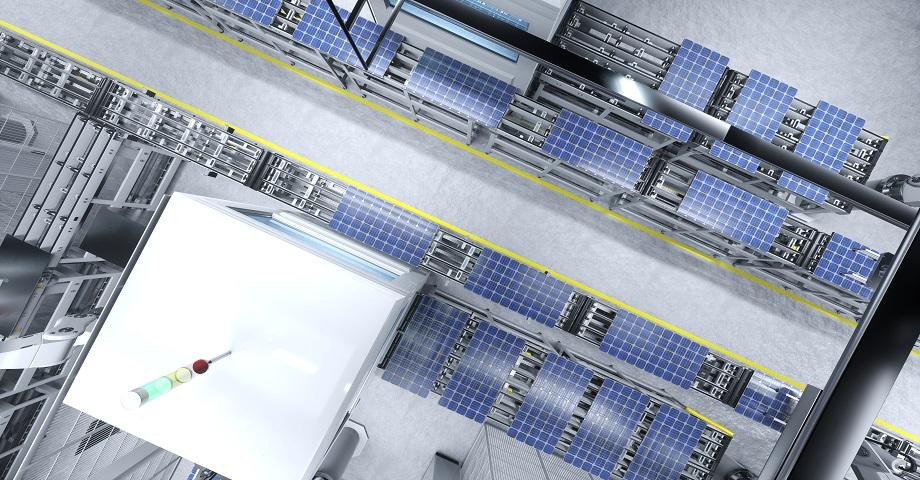Notifications

5 minutes, 11 seconds
-0 Views 0 Comments 0 Likes 0 Reviews

The Liquid-Cooled Containerized Energy Storage refers to a modular, integrated system designed for large-scale energy storage, typically in shipping containers. It combines essential components such as battery packs, power conversion systems (PCS), energy management systems (EMS), and liquid cooling technology. The liquid cooling system efficiently regulates the temperature of the batteries, ensuring optimal performance and preventing overheating, which can extend the battery life. This system is widely used in commercial, industrial, and utility-scale applications of the liquid-cooled containerized energy storage market to store excess energy generated from renewable sources like solar and wind, providing a reliable, scalable solution for energy grid stabilization and storage.
The Liquid-Cooled Containerized Energy Storage System market was valued at $1,712.3 million in 2024 and is projected to reach $3,111.9 million by 2034. This represents a compound annual growth rate (CAGR) of 5.81% over the forecast period from 2025 to 2034.
By Application
Industrial
Commercial (Prominent Segment)
Utility
By Product Type
Centralized Type (Dominant Segment)
String Type
By Region
North America: U.S., Canada, Mexico
Europe: Germany, France, Italy, Spain, U.K., Rest of Europe
Asia-Pacific: China, Japan, South Korea, India, Rest of Asia-Pacific
Rest of the World: South America, Middle East & Africa
Increased Demand for Renewable Energy Storage: Reliable storage solutions are desperately needed to combat the intermittent nature of solar and wind energy sources as their use expands around the world. In the clean energy transition, liquid-cooled containerized ESS is essential because it guarantees grid stability and a steady supply of electricity.
Policy Incentives and Government Assistance: A number of governments are implementing tax breaks, subsidies, and regulatory support to hasten the adoption of energy storage. These policies are encouraging energy resilience and lower carbon emissions, especially by increasing investments in commercial and utility-scale liquid-cooled systems.
Cairi Energy
Haiji New Energy
Lanyang Technology
Kehui Wanchuan
Jiangsu Beiren
Aibeineng Technology
Xinwanda
High installation and capital costs: Due to its complexity, integrated liquid cooling infrastructure is more expensive to implement initially, which makes it difficult for small and mid-sized businesses to enter the market.
Complexity of Technology and Operations: Adoption in areas lacking highly qualified technical staff and cutting-edge infrastructure may be constrained by the specific knowledge required for the design, installation, and maintenance of liquid-cooled systems.
Learn more about Advance Material and Chemical Vertical!
Effective Thermal Control: Liquid-cooled systems reduce thermal risk and improve stability by maintaining consistent battery temperatures even in high-load situations or harsh weather conditions.
Increased Reliability and Battery Life: Stable temperature regulation prolongs the life cycle of battery systems and increases efficiency by lowering thermal stress.
Greater Density of Energy: More energy can be stored per unit of space when batteries are packed more densely without running the risk of overheating thanks to improved heat dissipation.
Reduced Energy and Noise Use: Compared to conventional air-cooled systems, liquid cooling systems are frequently more energy-efficient and operate more silently, which lessens their impact on the environment and operational noise.
The market for liquid-cooled containerized energy storage systems is expected to increase steadily due to the world's transition to renewable energy sources and the rising need for effective energy storage. Liquid-cooled systems are increasingly being used for commercial, industrial, and utility-scale applications due to their better battery performance, smaller design, and greater thermal control.
It is anticipated that continued technological improvements and benevolent government policies will speed up market adoption despite obstacles like high initial investment and technical complexity. Liquid-cooled ESS will play a key role in creating a more robust, sustainable, and dependable power grid as energy demands change.
Chemical Advance Material Liquid-Cooled Containerized Energy Storage System market Liquid-Cooled Containerized Energy Storage System industry Liquid-Cooled Containerized Energy Storage System report

